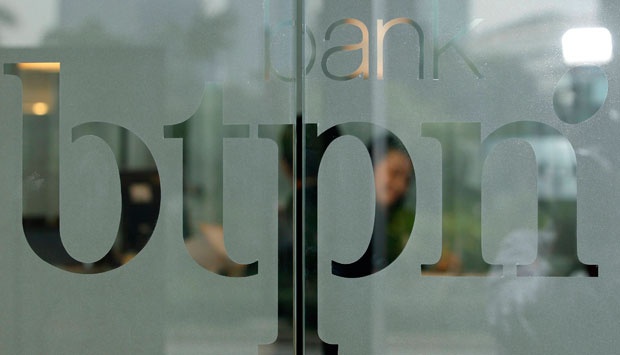TEMPO.CO, Jakarta - The G20 Summit in Bali, with all the fuss it caused, is over. Amid all the heat and light surrounding the gathering of the world’s 20 largest economic nations, Indonesia obtained an important success: funding for the energy transition and environmentally friendly projects.
There were a number of commitments from the developed nations and multilateral institutions to provide funding for green economy projects, particularly in the energy sector. These ranged from an early halt to coal-fired power plants to the development of electric vehicles.
One prominent funding commitment from the G20 Summit was the Just Energy Transition Partnership (JETP). Funding totaling US$20 billion, or around Rp311 trillion, was proposed by nations and financial institutions within the International Partners Group such as the United States, Japan, Canada and a number of members of the European Union. This funding was spread over two schemes: loans and grants with the details to be clarified over the next six months. The JETP funding is to be used for, among other things, the development of renewable energy.
A similarly sized commitment was made by the Asian Development Bank and the World Bank through the Climate Investment Funds totaling US$4 billion. One project that will use this money is the early retirement of the Cirebon-1 steam power plant.
Besides the commitments from the G20, Indonesia also has an opportunity to receive funding from foreign banks such as Citibank, HSBC, and DBS specifically for projects supporting the 2060 zero-emissions target.
Baca Juga:
Compared to their COP27 climate summit in Sharm el-Sheikh, Egypt, which did not produce any funding to offset climate change damage, the G20 was far ahead in terms of real commitments for energy transition funding. Like South Africa last year, Indonesia received far more definitive funding commitments than other developing countries still waiting for concrete funding from the United Nations.
In this Economic Outlook 2023 special edition, we report on green financing in Indonesia. Can we take advantage of this golden opportunity to mitigate climate change in a more progressive way while still growing the economy? Enjoy the magazine.
Fery Firmansyah
Main Editor
Green Financing on the Rise
Green financing can be dazzling. Schemes from developed countries and multinational institutions could pose a trap to Indonesia in the future. How were they negotiated?
Lula’s Plea from the Red Sea
The COP27 conference was extended by two days. What were the most important green funding projects from the climate conference?
The Green Credit Banking Initiative
Finance institutions are prepared to pay out green loans. What form will they take?
PLN Prepares the Early Retirement for the Cirebon-1 Power Plant
The Cirebon-1 Coal Power Plant is to be retired early. Where will the funding come from?
The Environment Management Agency Becomes Pioneer in Funding Environmental Sectors
The Environmental Fund Management Agency will manage the green funds. What techniques will it use?
Green Financing for Industries and Vehicle Credits Remains Low
One of the cornerstones of green funding is the development of an electric vehicle ecosystem. Where will the funding come from?
Deputy SOEs Minister: We Are Expediting Early Retirement of Coal Power Plants
In order to obtain significant funding, the government is prepared to close coal-fired power stations. What are the obstacles?
MARKET PULSE
Opposing Currents of the Indonesian Economy
The Indonesian economy is in a contradictory position: the real sector is positive, but the financial markets are negative. Why?
NATIONAL
Controversial Criminal Codes Continue
The government keeps controversial articles in the Criminal Code (KUHP) draft after being disseminated to the general public. This is a threat to democracy.
INTERNATIONAL
The Negotiation for the Bali G20 Summit Declaration
Negotiations were cautiously tight during the discussion of the draft declaration of the G20 state heads. The choice of words became subject to a straining scrutiny.













